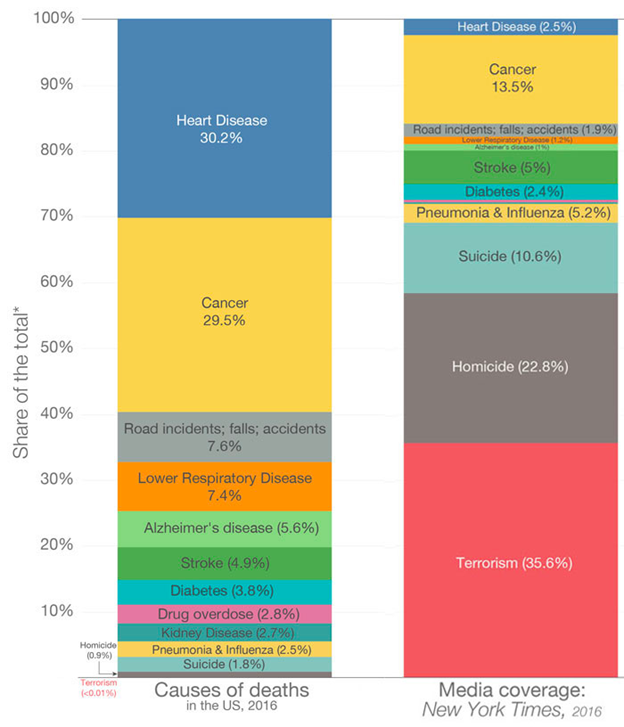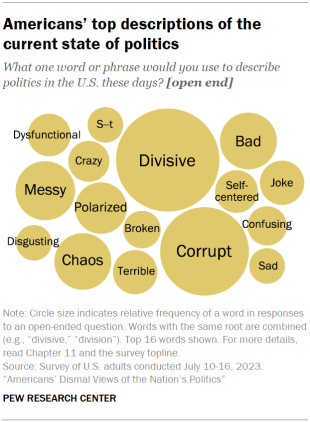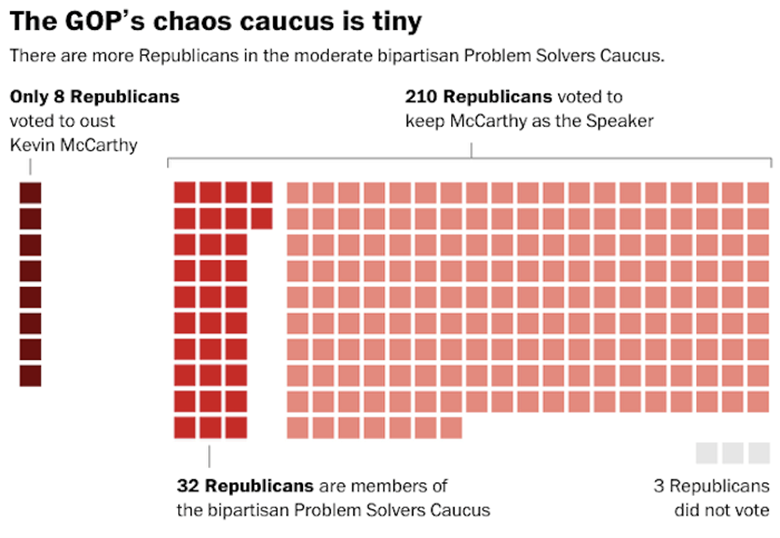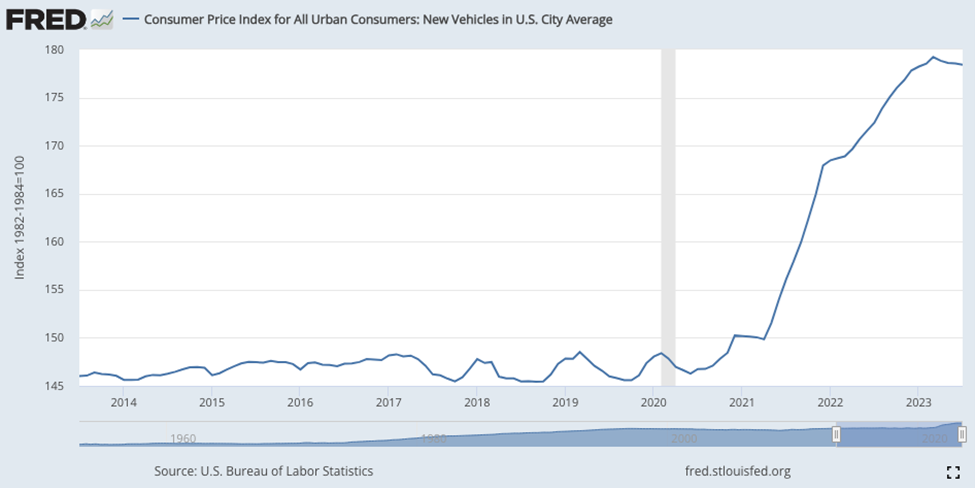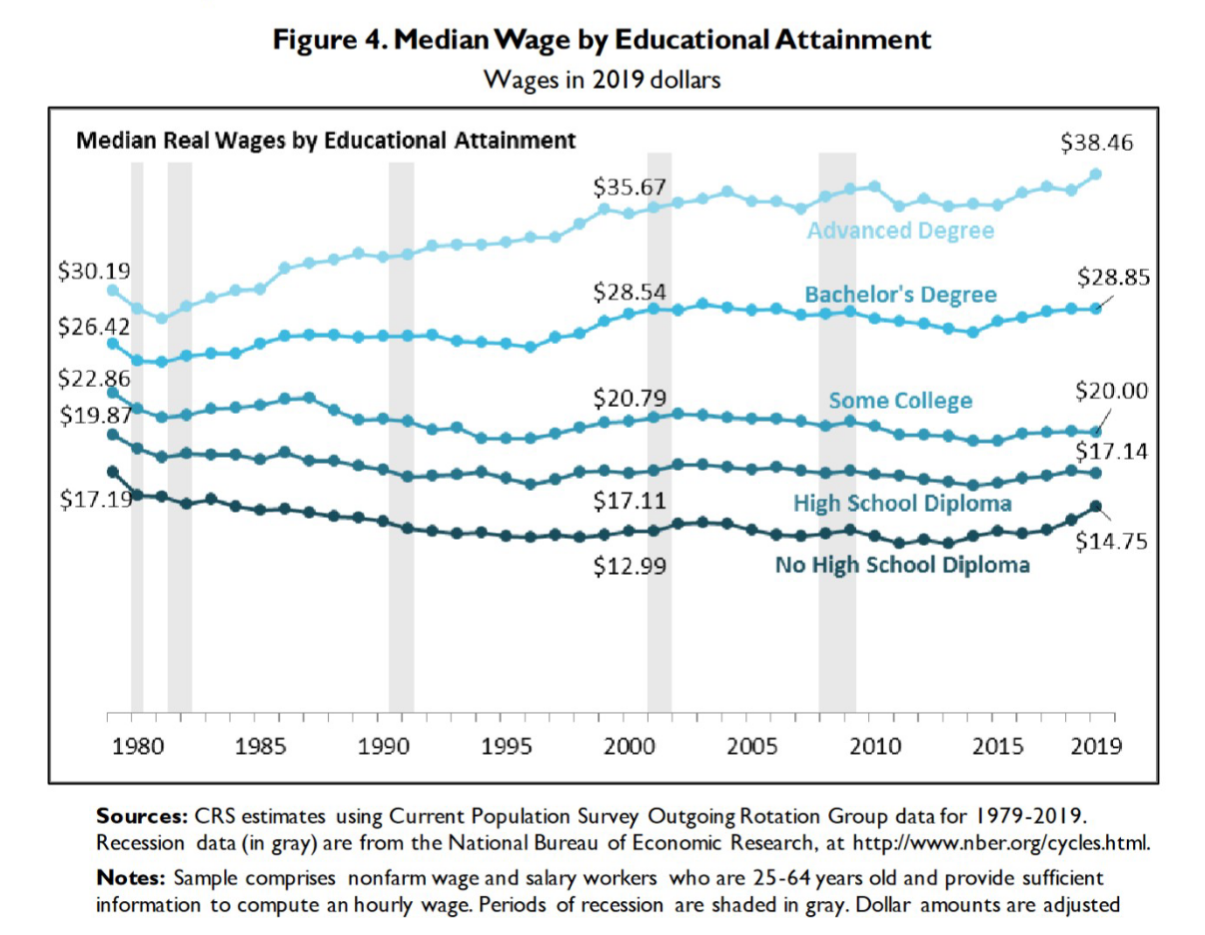The Daily Escape:

Sunrise, Northern VT – October 2023 photo by Kristen Wilkinson Photography
The UAW announced Monday evening it had reached a tentative agreement with GM, the last of the Detroit car companies to complete negotiations with the Union. So all three have a tentative agreement which will now be voted on by UAW members. This is a big deal, even if nobody’s talking about it.
Some details from The Insider:
“The 25% pay increases by April 2028 agreed to in the new contracts raise top pay to about $42 an hour, according to the union. That starts with an 11% immediate boost upon ratification, three annual raises of 3% each, and a final increase of 5%. The UAW said restoration of cost-of-living increases, which were suspended in 2009, could boost the total increases to more than 30%.”
Some industry analysts have estimated that Ford’s contract, if ratified, would add $1.5 billion to the company’s annual labor costs. Ford estimated that this could add up to $900 in labor cost to each vehicle rolling off its assembly lines. Another analyst says the pact will reduce profitability by 1%. To put these numbers into perspective, keep in mind that a fully loaded Ford F150 can run over $80k. That means the car companies can afford this deal.
Labor accounts for 4-5% of the average cost of making a car for the Big Three. Also, the Big 3 have made $250 billion in profits over the past decade and have diverted a substantial amount of that money into stock buybacks to enrich wealthy shareholders and top executives instead of investing in their businesses or paying their workers.
So please spare us the tears about the workers’ hard-fought gains putting the Big 3 in peril. The NYT wrote:
“The terms will be costly for the automakers as they undertake a switch to electric vehicles, while setting the stage for labor strife and demands for higher pay at nonunion automakers like Tesla and Toyota.”
To paraphrase, the NYT says that those evil unions are ruining shareholder value and will cause strife at Tesla, a company renowned for its fantastic working conditions.
Be it ever thus in the media: Unions demand, management offers. Note how the media framing is always “the automakers” as the protagonists, with workers as a mob that’s making trouble. Why can’t those workers be happy and content with their lot in life, which is ordained for them by the Higher Power?
Back in the real world, the tentative UAW agreement rewards autoworkers who had sacrificed much during and since the Great Financial Crisis. They now get record raises, more paid leave, greater retirement security, and more rights at work.
The UAW win is a testament to the power of unions and collective bargaining to build strong middle-class jobs, while helping a few of our most iconic American companies to thrive. The UAW workers have not only seen many of their jobs automated and offshored, they also hadn’t received an inflation-adjusted raise since the early 2000’s.
That the UAW prevailed shows that unionizing on a large scale is a viable path to rebuilding America’s middle class. Fed up with continual economic hardship at the hands of the Big 3’s management, these strikers achieved something good for themselves and their families. Moreover, they did it legally. Despite the NYT’s protests, they didn’t steal anything from anyone. They didn’t ask for handouts. They demanded a good future for themselves and their families.
This should be a lesson to all people whose labor is undervalued. You can organize and negotiate better contracts for yourselves.
And don’t underestimate how important a low rate of unemployment is to low-wage and working-class Americans, and how that also gives unions leverage. Biden’s American Rescue Plan Act of 2021 provided an economic stimulus that boosted US consumer purchasing power to the point that we avoided the expected recession. And today’s scarcity value of labor helped close the deal with the Big 3.
For some context, these landmark gains by the UAW, along with what the Teamsters secured with their UPS contract, and what health care support staff got at Kaiser Permanente go far beyond the pay and benefits that workers receive at their non-union counterparts. Except for railroad workers, it’s been a very good year for unions.
Once again, Biden took a risk that he hadn’t before by explicitly siding with the UAW. It paid off for him and the Union as well.
Finally, kudos to Shawn Fain and the UAW negotiating team!
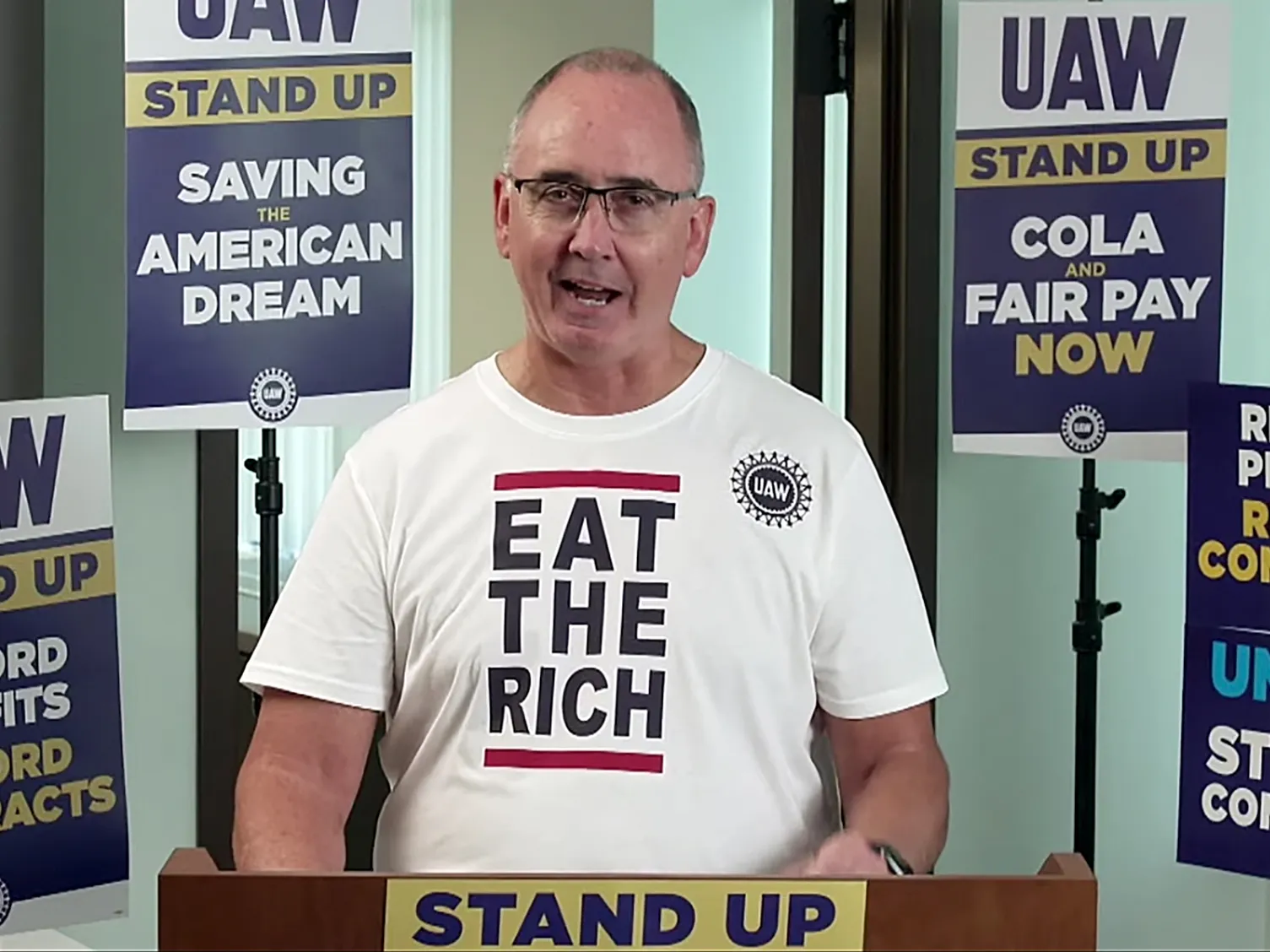
Wrongo appreciates that Fain seems to understand class consciousness by describing the workers as working class. And their strategy was pure divide and conquer.
The final word on these tentative agreements will ultimately come from UAW members themselves when they vote on the new contracts.


